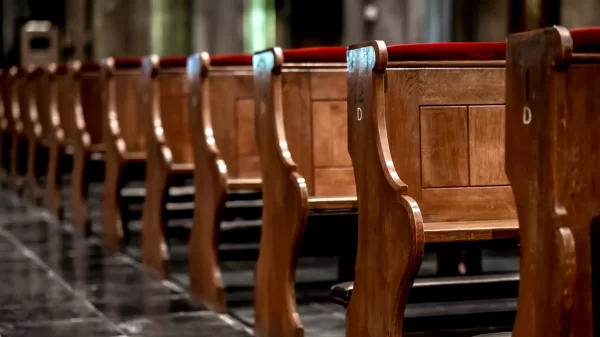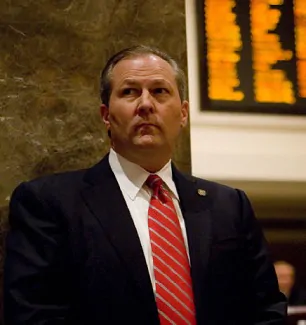By Lee Hedgepeth
Alabama Political Reporter
Legislators have met over the last few days for their second week this legislative session. Many bills have passed out of committee, with some well on their way to final passage by the entire legislature, having passed the body of origin.
Having now met for six legislative days, lawmakers are now one fifth of the way through the legislative session, which by law can only meet for thirty work days. Typically the legislature does not convene on Wednesday, although they have for the last two weeks; reports are that the body will alternate two and three day weeks for the rest of the session, shortening the session from around fifteen weeks to about ten.
The first legislative week’s topic of choice for leadership in the legislature seemed to be taxes, with both houses passing legislation aimed at streamlining tax processes and strengthening the tax appeals process in the state. This week, though, the agenda seemed to be muddled at best.
In the House on Tuesday, the Health Care Rights of Conscience Act passed with some controversy. Democrats lauded the bill as a misguided law aimed at, according to Birmingham Representative Patricia Todd, “throwing red meat” to base supporters to show a hard stance on abortion in an election year. Democrats also pointed out that there is an equivalent provision already codified in the Patient Protection and Affordable Health Care Act called the “religious conscience clause” that provides for health care workers to object on moral grounds to performing certain procedures.
In the Senate, efforts by GOP leadership to quickly pass legislation stalled somewhat when Democrats began effectively filibustering, with Senator Bobby Singleton asking for the extended reading of bill titles and debating several cloture petitions last night. That fight was over SB11, which would significantly reorganize some legislative departments.
As far as committees, there were many meetings and many bills passed out favorably. Notably, legislation included in Attorney General Strange’s package passed out of committee, including the Fair Justice Act, which is aimed at speeding up death penalty execution. In addition, a number of bills that would further regulate public assistance recipients received favorable reports. These include Senator Pittman’s drug testing bill and Senator Orr’s three application requirement and fraud prosecution bills. One, though, a bill by Senator Bryan Taylor, was carried over for further review. It would require that recipients of public assistance perform community service at least twenty hours a week.
Both the Senate and House will convene again on Tuesday, January 28th.
As always, like us on Facebook at facebook.com/alreporter and follow us on Twitter @alreporter for up to the minute updates on everything Alabama politics.



















































